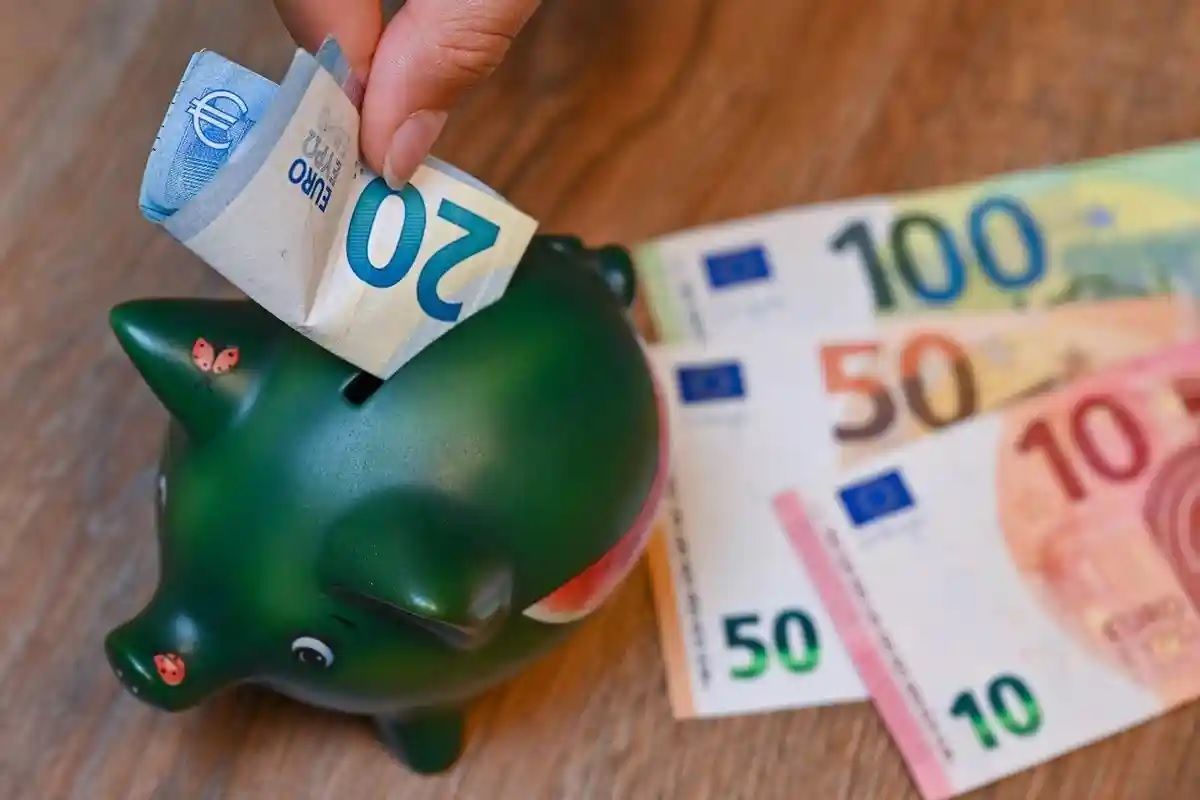The past few years in Germany have been financially challenging for most people. Many lost their jobs during the Covid-19 pandemic and then faced the impact of the rising cost of living and energy prices due to Russia's invasion of Ukraine.
Once robust real estate markets collapsed, and stock prices, even of major companies like Siemens Energy, can be highly volatile. Meanwhile, the current inflation rate stands at 4.5%, meaning that 100 euros will be worth only 95.5 euros in a year if this trend persists.
In such conditions, it's challenging to decide what to do with your money, assuming you are fortunate enough to still have some.
Related topic: What will change in Germany in December 2023
How to grow savings in Germany amidst inflation
One interesting and innovative solution to this problem is fixed deposits, or "Festgeldzinsen," according to an analysis by the consumer survey portal Verivox. Both inflation and interest rates are so high that borrowers are in desperate need of money, and you can provide it for one year, even in relatively small amounts.
"The return of positive real interest rates is an important turning point for savers", said Oliver Mayer, managing director of Verivox Finanzvergleich GmbH.
This is called "Wende," or a turning point in investing.
For the first time in decades, interest rates in Germany exceed the inflation rate, reaching 4.75% in some countries. Considering that inflation was 4.5% in September and is likely to decrease, it means your money is effectively wasted.
With such high rates, it's advisable to consider annual fixed deposits in banks in other European countries.
However, there's a catch: deposit protection is only available for amounts over 100,000 euros.

On the other hand, fixed deposits in German banks, where your deposit is always protected by law, are currently not worth your time or money. The real interest rate, accounting for inflation, is unfortunately negative, losing 1.18% per year.
Short-term "daily" deposits that can be withdrawn at any time are not worth it either, as their rates are much lower.
What about current accounts?
Even if you're not an experienced investor, almost every resident in Germany has a current account. Perhaps you're concerned about inflation eroding your savings. The good news is that some German banks have also raised interest rates on current accounts.
C24, Check24's own bank, offers the highest interest rate on a current account at 4%.
If you prefer more established financial institutions, Santander offers an impressive rate of 3.7% for new customers, while ING and Deutsche Kreditbank have increased their rates from 1% to 3.5% until January.
Of course, this is not out of the kindness of the big banks' hearts. Handelsblatt reports that competition is returning to the sector as the volume of deposits in savings and cooperative banks decreased for the first time since the 2008 financial crisis.
Has inflation peaked?
Earlier this week, key representatives of the European Central Bank (ECB) met in Greece to discuss policy. During the meeting, ECB President Yannis Stournaras proudly noted that Greece's economy is growing faster than Germany's.
Partly thanks to aggressively high interest rates, the inflation rate in Europe is decreasing and currently averages 4.3%. However, this is still twice as high as the ECB would prefer.
Long-term strategy
If you're thinking about the long-term perspective, not just surviving this crisis, experts like Nico Hüsch suggest that broadly diversified equity funds—spread betting with your money—remain the best investment for any portfolio you plan to hold for a long term.
This implies a period of 12 to 15 years. However, investments always carry a risk element.
Related topics:
In light of the high inflation rate and the need to grow savings, fixed deposits, or "Festgeldzinsen," can be an innovative solution. With the return of positive real interest rates, investors can provide money for one year, even in small amounts, benefiting from the current high interest rates.
However, it's important to note that deposit protection in Germany only applies to amounts exceeding 100,000 euros. This means that for savers with less significant sums, considering fixed deposits in other European countries may be a more advantageous option.








